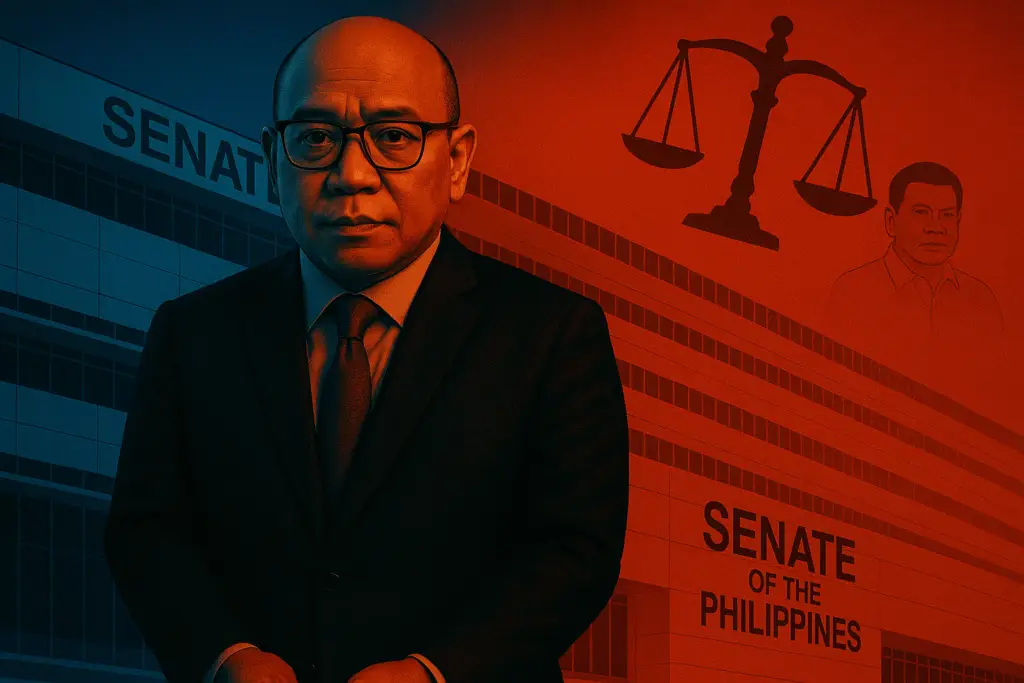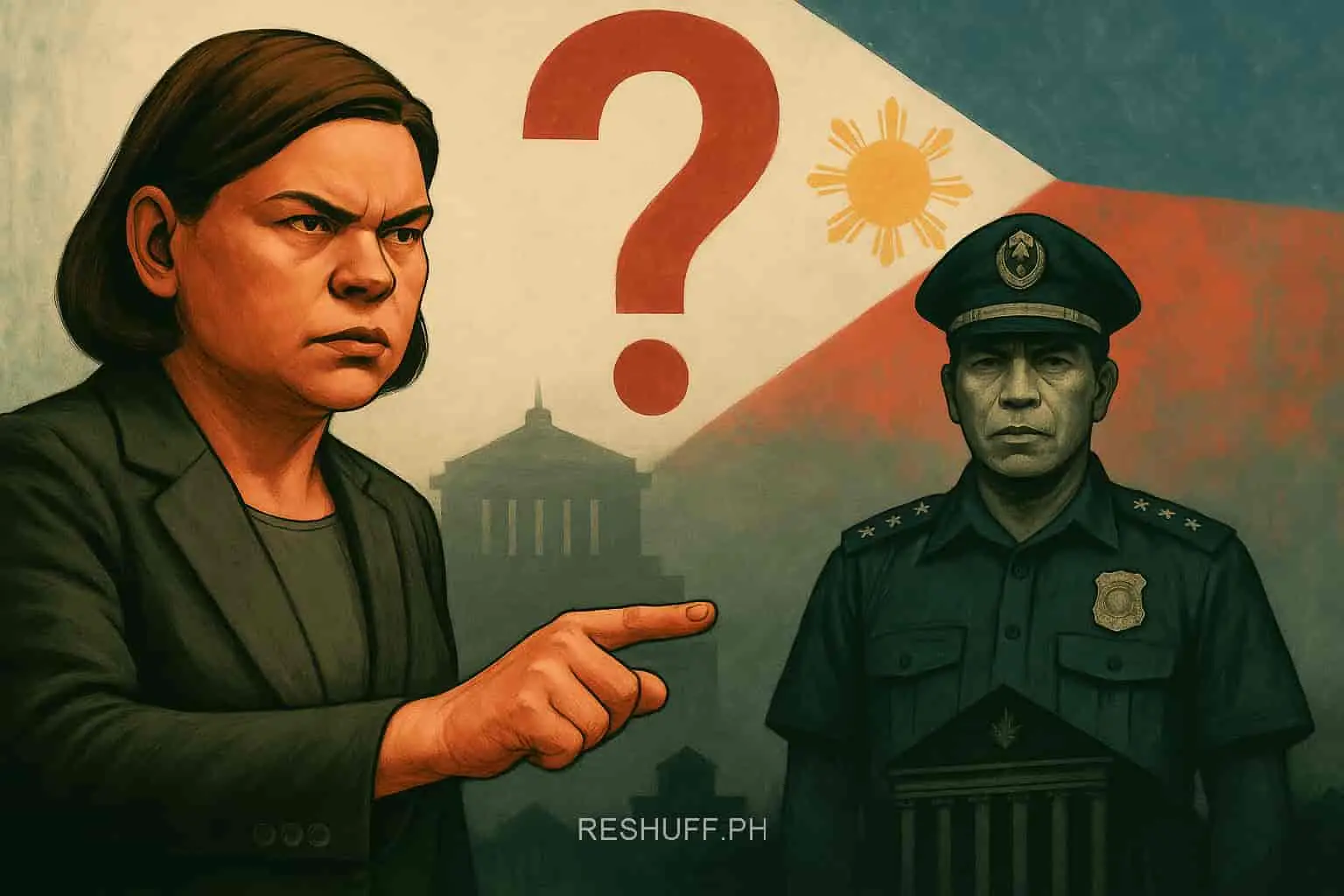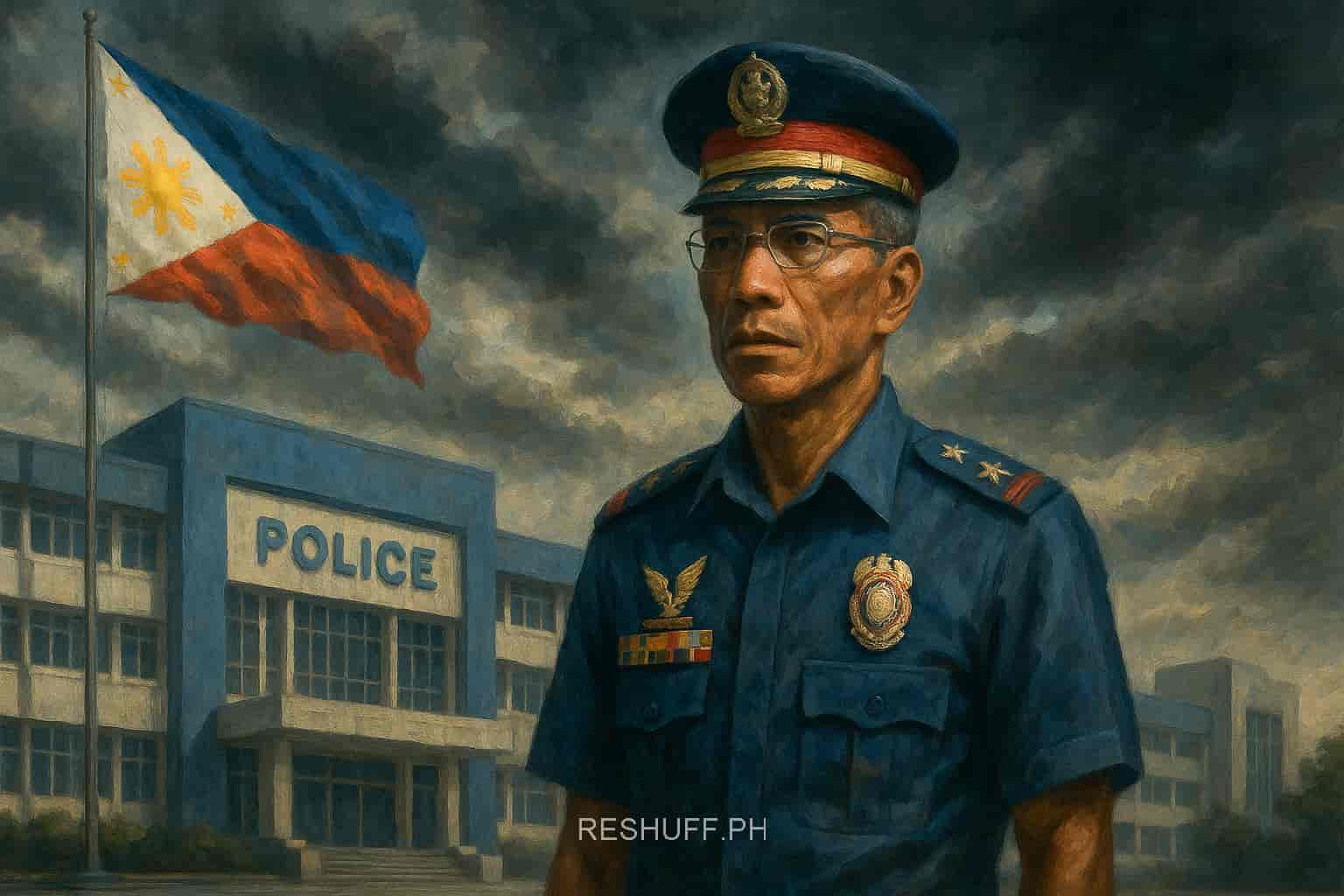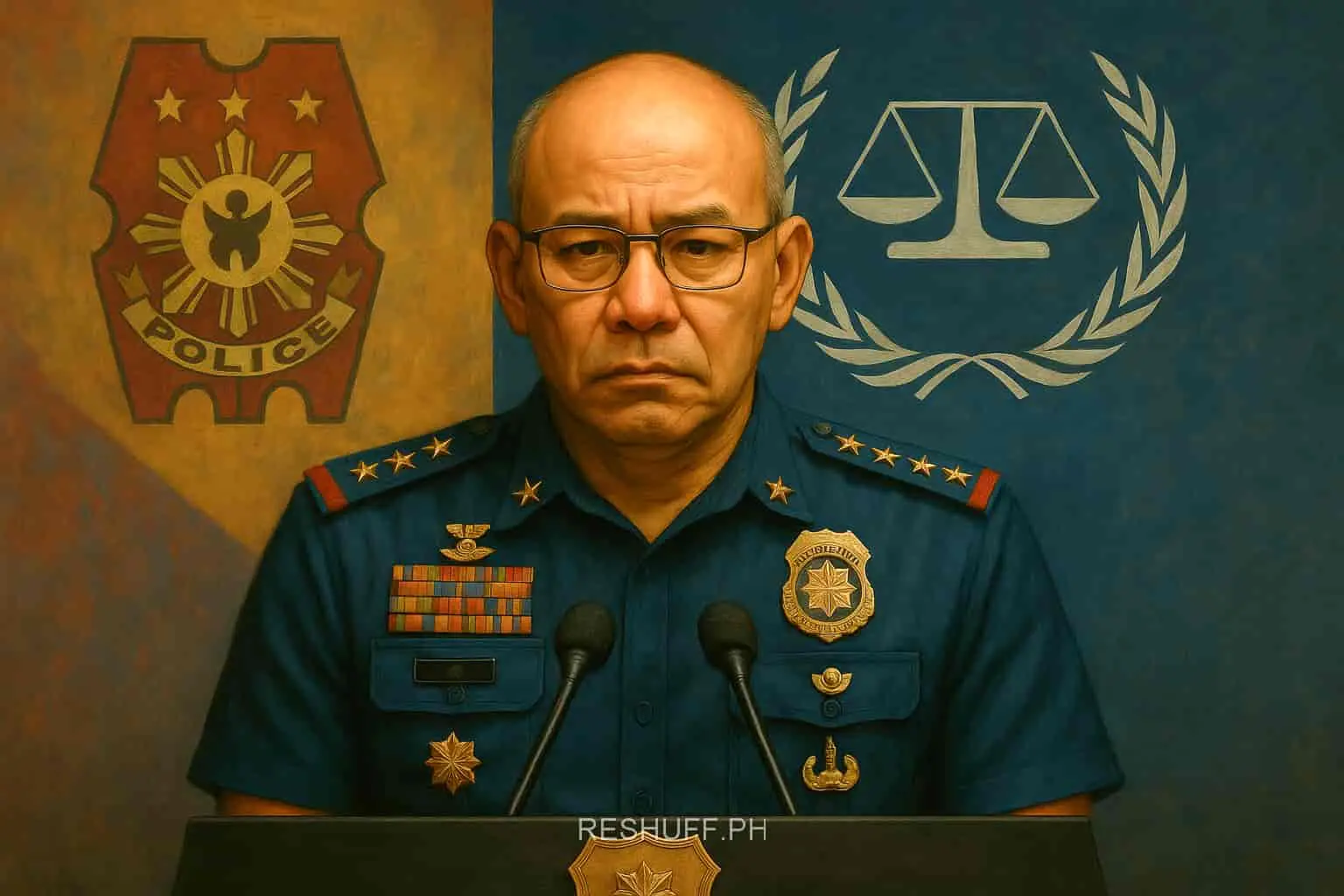MANILA, April 22, 2025 – A whisper of suspicion in the Philippine Senate has erupted into a roar of controversy. Ambassador Markus Lacanilao, the special envoy who personally escorted former President Rodrigo Duterte to The Hague to face trial at the International Criminal Court (ICC), now finds himself detained by the very institution he served.
The Senate, led by President Francis Escudero, has held Lacanilao in contempt for what they describe as evasive testimony during a high-stakes investigation into Duterte’s arrest and surrender. This dramatic move has ignited debates about accountability, transparency, and the rule of law in the Philippines.
A Shocking Detention
The Senate’s decision to detain Lacanilao came like a bolt from the blue. On April 21, 2025, Lacanilao voluntarily surrendered to Senate custody after a detention order was issued, following a contentious series of events. The Senate Committee on Foreign Relations, tasked with unraveling the details of Duterte’s transfer to the ICC, found Lacanilao’s responses during a hearing on April 10 lacking clarity.
Senators, including Ronald “Bato” Dela Rosa, pressed Lacanilao on whether Duterte had been presented before a Philippine court before his transfer—a critical detail in ensuring legal due process. Lacanilao’s repeated claims of ignorance frustrated the committee, leading to a contempt citation.
“After careful evaluation, Amb. Lacanilao is hereby ordered placed under the custody of the Senate of the Philippines for a period not exceeding two days, having failed to satisfactorily explain through a clear statement of facts, why his answers during the hearing were not evasive,” Escudero stated in his order (Rappler). He further warned Lacanilao to provide truthful answers in future hearings, signaling that the Senate’s patience is wearing thin.
The Timeline of Events
The path to Lacanilao’s detention was marked by procedural twists and turns:
Date | Event |
|---|---|
April 10, 2025 | Senate Committee on Foreign Relations cites Lacanilao for contempt. |
April 11, 2025 | A show cause order is issued, asking Lacanilao to explain his testimony. |
April 15, 2025 | Lacanilao submits a reply, denying knowledge of Duterte’s court presentation. |
April 21, 2025 | Escudero signs the detention order; Lacanilao surrenders to Senate custody. |
Senate Sergeant at Arms Roberto Ancan confirmed Lacanilao’s compliance: “A copy of the Order was sent to the Office of the Special Envoy for Transnational Crime at 3 o’clock in the afternoon today, after which, his legal counsel immediately proceeded to the Office of the Senate Secretary to confirm the said Order. Ambassador Lacanilao voluntarily presented himself before the Senate to personally receive and comply with the Order” (Philippine Daily Inquirer). Lacanilao underwent a medical check and is now detained for up to two days, a period some argue is far too brief.
A Firestorm of Criticism
The detention has not gone without controversy. Senate Foreign Relations Committee Chair Imee Marcos, a vocal critic of the handling of Duterte’s case, lambasted the delay and leniency of Lacanilao’s punishment. “Ambassador Lacanilao was cited by the Committee for direct contempt. Lacanilao should have been detained immediately since the rules do not even mention a need for a show-cause order,” Marcos declared (GMA News). She contrasted the 11-day delay in detaining Lacanilao with the rapid arrest of Duterte, which took mere hours. “To add insult to injury, Lacanilao is to be detained for only two days,” she added, calling it a “slap on the wrist.”
Marcos went further, highlighting what she sees as a double standard: “While ordinary people are locked up until they purge themselves of the contempt, as sanctioned by Section 18, Resolution No. 5, Series of 2010, as amended, Lacanilao is given an ever so gentle slap on the wrist. Apparently, the rules only apply to ordinary people and not to people like Lacanilao who is favored by the powers that be” (Rappler). Her remarks have resonated with those who question whether high-ranking officials face the same accountability as ordinary citizens.
The Bigger Picture: Duterte and the ICC
The detention of Lacanilao is just one chapter in a larger saga involving former President Rodrigo Duterte. During his presidency from 2016 to 2022, Duterte’s “war on drugs” campaign led to thousands of deaths, drawing international condemnation. The ICC has accused him of crimes against humanity, and his arrest in March 2025 marked a historic moment as the first Asian former head of state to face trial at The Hague (Reuters). Lacanilao, as the Special Envoy on Transnational Crime, played a pivotal role by accompanying Duterte on the chartered plane to The Hague, signing key documents like the “Transfer of Custody” that formalized the handover.
The Senate’s investigation seeks to clarify the roles of government agencies, including the Philippine Center on Transnational Crime and Interpol, in Duterte’s arrest. Senators have expressed frustration over conflicting accounts, with Lacanilao’s claim of representing Interpol clashing with documents showing him acting on behalf of the Philippine government (Tribune). This discrepancy has fueled suspicions of a cover-up, keeping the issue in the public eye.
Public Reaction and Political Implications
The detention of Lacanilao has sparked a broader debate about the rule of law and the balance of power in the Philippines. Social media platforms, particularly X, have buzzed with opinions, with some praising the Senate’s action as a step toward accountability, while others echo Marcos’ concerns about selective justice. The controversy has also strained relations between the legislative and executive branches, as some senators question why other officials have avoided scrutiny (Philstar).
As the Senate continues its probe, the public is left grappling with uncomfortable questions: Was Duterte’s transfer to the ICC handled transparently? Are high-ranking officials like Lacanilao being held to the same standards as ordinary citizens? And what does this mean for the Philippines’ standing on the global stage?
Looking Ahead
The detention of Markus Lacanilao, though brief, has cast a long shadow over Philippine politics. With the Senate’s investigation ongoing, more revelations may surface about the events leading to Duterte’s ICC trial. For now, Lacanilao’s two-day detention serves as a stark reminder that even those in high office are not above the law—or at least, they shouldn’t be. As the nation watches, the unfolding drama promises to keep Filipinos on the edge of their seats, wondering what twists lie ahead in this gripping political saga.





2 Responses